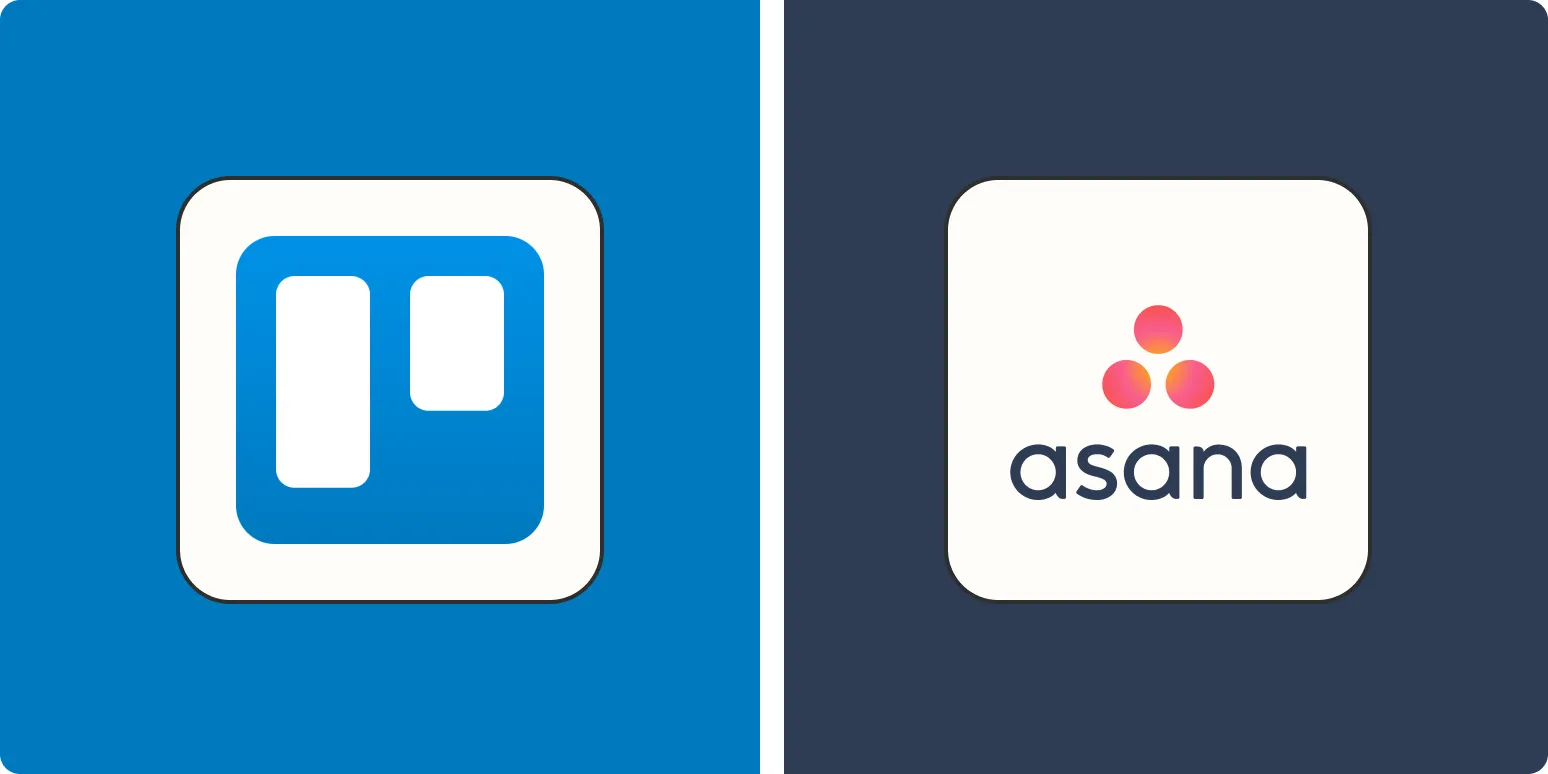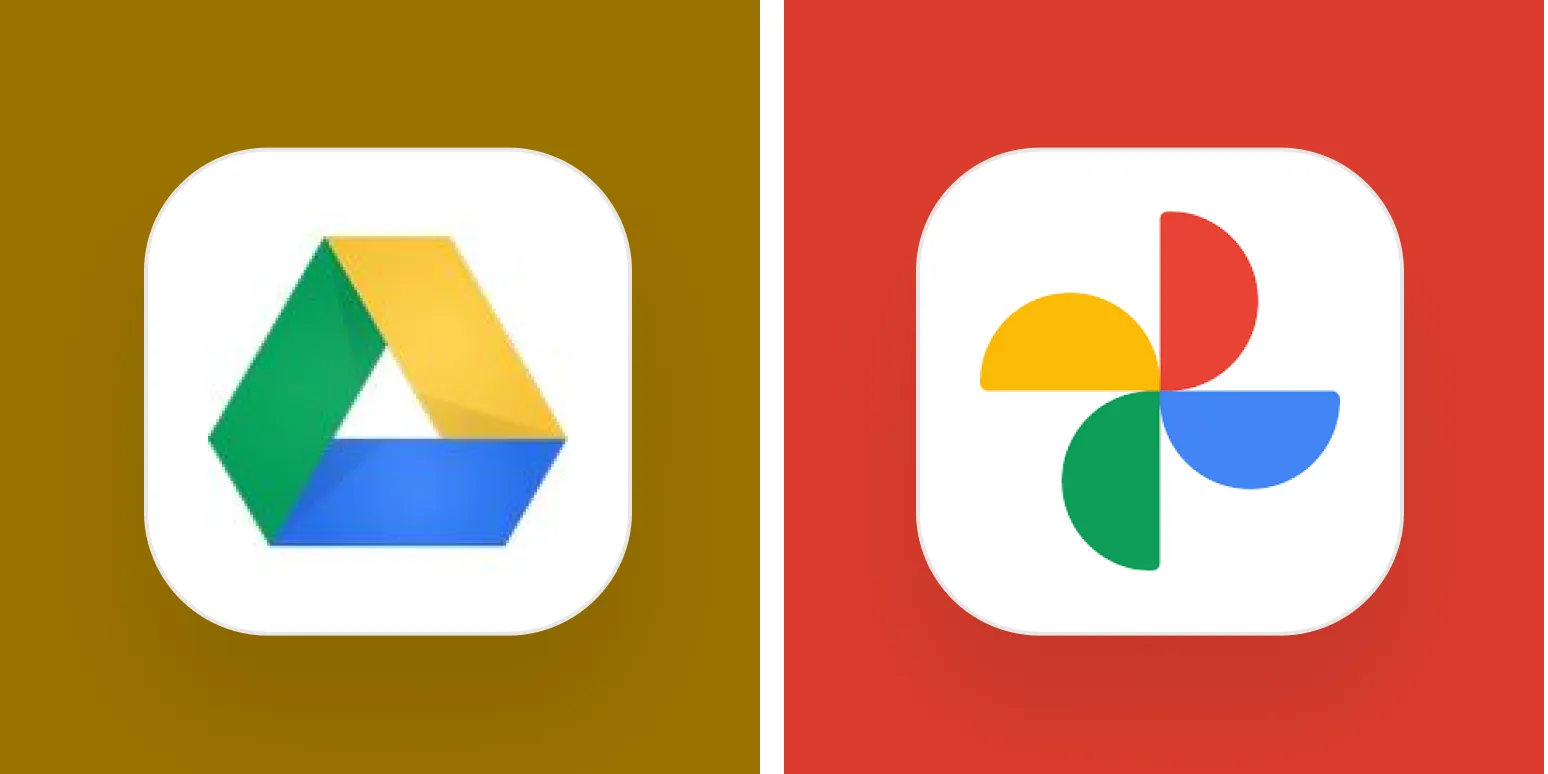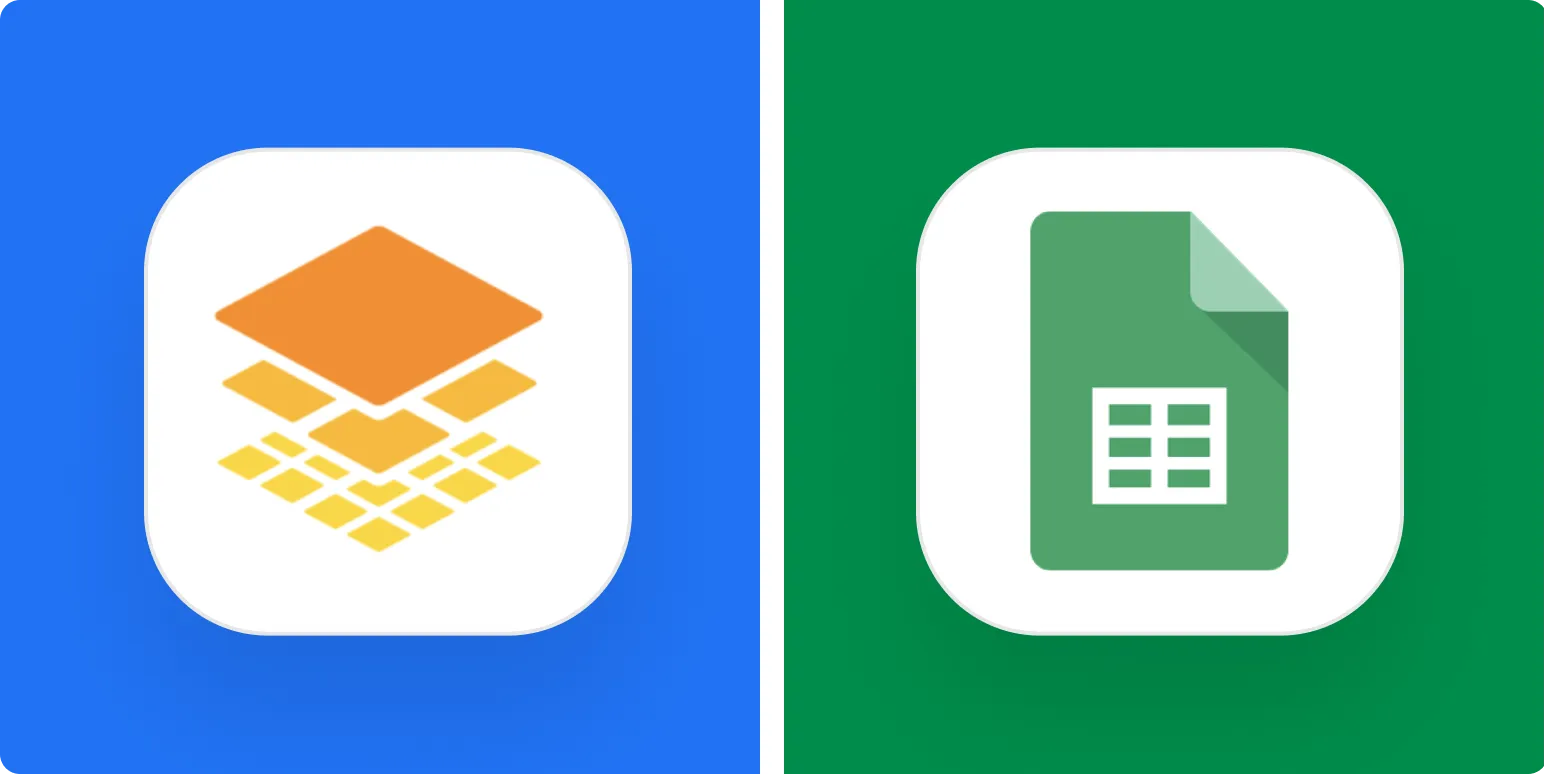When it comes to project management tools, choosing the right one can significantly impact your team's productivity and workflow. Two of the most popular options are ''Trello'' and ''Asana''. Both platforms offer unique features and benefits tailored to different project management styles. In this article, we’ll compare ''Trello'' and ''Asana'' across several key factors to help you determine which tool is better suited for your needs.
User Interface and Experience
The user interface plays a crucial role in how effectively a team can utilize a project management tool. ''Trello'' employs a card-based system where tasks are represented as cards on boards. This visual approach allows for easy drag-and-drop functionality and a straightforward way to track progress.
On the other hand, ''Asana'' offers a more structured layout with a list and board view, providing users the option to switch between different formats according to their preferences. This flexibility can be beneficial for teams that have varied working styles. Below is a comparison of their interfaces:
| Feature | Trello | Asana |
|---|---|---|
| User Interface | Card-based, visual boards | List and board view options |
| Customization | Highly customizable boards | Custom fields and templates |
Task Management Features
Effective task management is at the core of any project management tool. ''Trello'' allows users to create cards for tasks, add checklists, due dates, and labels. This simplicity makes it particularly appealing for smaller teams or projects that require less complexity.
Conversely, ''Asana'' provides advanced task management features, including subtasks, dependencies, and timelines. These capabilities make it a better choice for larger projects with more intricate requirements. Here’s a breakdown of their task management features:
| Feature | Trello | Asana |
|---|---|---|
| Task Creation | Simple card creation | Detailed task creation with subtasks |
| Dependencies | No dependencies | Task dependencies available |
| Timeline View | No timeline | Timeline feature available |
Collaboration and Communication
Collaboration is key in any project management setting. ''Trello'' offers a straightforward approach to collaboration, allowing team members to comment on cards, mention each other, and attach files. However, it lacks more advanced communication features.
In contrast, ''Asana'' excels in collaboration, with features like project conversations, team discussions, and project status updates. This makes it easier for teams to stay connected and informed. Here are some highlights:
| Collaboration Feature | Trello | Asana |
|---|---|---|
| Comments | Available | Available with more options |
| File Attachments | Easy attachment | More robust file management |
| Project Updates | Limited | Detailed project updates |
Integrations and Automation
Integrations and automation can significantly enhance the functionality of project management tools. ''Trello'' supports numerous integrations through Power-Ups, allowing users to connect with various apps like Google Drive, Slack, and more. However, users need to manage these add-ons actively.
''Asana'' also offers a wide range of integrations but further enhances productivity through its automation features. Users can set up rules and triggers to automate repetitive tasks, saving time and reducing manual effort. Below is a comparison of their integration capabilities:
| Integration Feature | Trello | Asana |
|---|---|---|
| Number of Integrations | Many available | Extensive options |
| Automation | Limited | Advanced automation features |
Pricing
Pricing can be a deciding factor for many organizations when selecting a project management tool. ''Trello'' offers a free tier that is quite functional, but teams looking for advanced features may need to upgrade to a paid plan. ''Asana'' also provides a free version, but its more robust features come with premium plans that can become costly, especially for larger teams.
| Pricing Feature | Trello | Asana |
|---|---|---|
| Free Tier | Yes | Yes |
| Paid Plans | Affordable options | More expensive |
Conclusion
Ultimately, the choice between ''Trello'' and ''Asana'' will depend on your team's specific needs and project requirements. If you prefer a visual, straightforward tool and have simpler project needs, ''Trello'' might be the better option. However, if you require advanced task management features and robust collaboration tools, ''Asana'' could be the superior choice. By assessing your team's workflow and preferences, you can make an informed decision that enhances productivity and efficiency.





